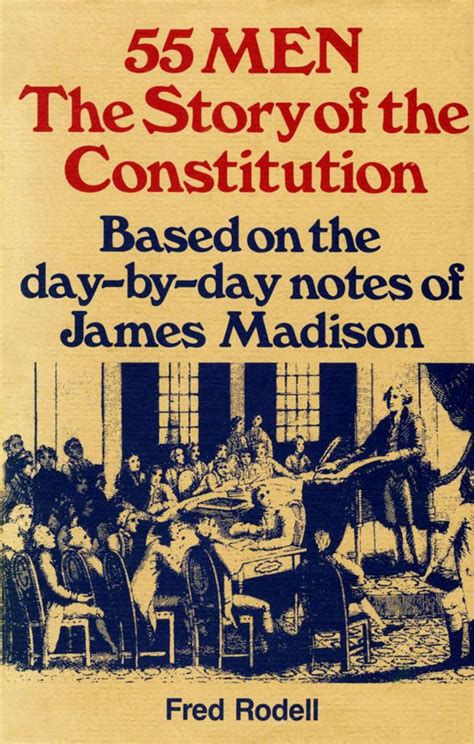A Quote by Fred Rodell
Long sentences, awkward constructions, and fuzzy-wuzzy words that seem to apologize for daring to venture an opinion are part of the price the law reviews pay for their precious dignity.
Related Quotes
In the kingdom of ends everything has either a price or a dignity. Whatever has a price can be replaced by something else as its equivalent; on the other hand, whatever is above all price, and therefore admits of no equivalent, has a dignity. But that which constitutes the condition under which alone something can be an end in itself does not have mere relative worth, i.e., price, but an intrinsic worth, i.e., a dignity.
People don't talk like this, theytalklikethis. Syllables, words, sentences run together like a watercolour left in the rain. To understand what anyone is saying to us we must separate these noises into words and the words into sentences so that we might in our turn issue a stream of mixed sounds in response.
Things are going so well. We’re volleying words back and forth. Everything she says, I have something I can say back. We’re sparking, and part of me just wants to sit back and watch. We’re clicking. Not because a part of me is fitting into a part of her. But because our words are clicking into each other to form sentences and our sentences are clicking into each other to form dialogue and our dialogue is clicking together to form this scene from this ongoing movie that’s as comfortable as it is unrehearsed.
Most unmarried people have no idea what it takes to make a marriage work; they grossly underestimate the price people have to pay to build long-term, mutually satisfying relationships. And they fail to understand that the only people with the strength to pay that price are those who have plumbed the depths of their relationship with God, and have dealt with their own brokenness.
Since our awareness of others is considered our duty, the price we pay when things go wrong is guilt and self-hatred. And things always go wrong. We respond with apologies; we continue to apologize long after the event is forgotten - and even if it had no causal relation to anything we did to begin with.

































